
Summit Co-Chairs
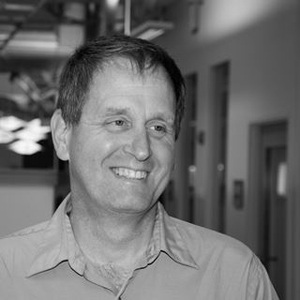
|
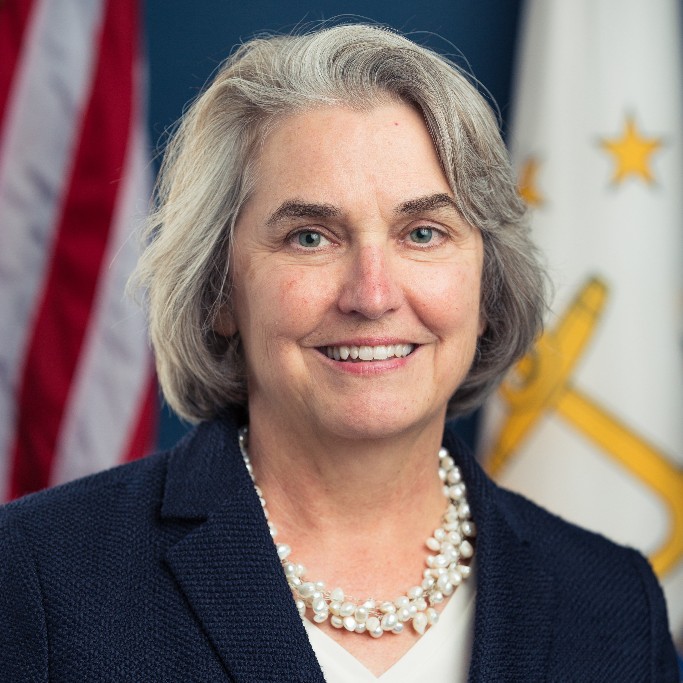
|
| Scott Johnstone
President/Founder, Packetized Energy President, NEEP Board of Directors |
Commissioner Carol Grant
Rhode Island Office of Energy Resources |
Keynote Speakers
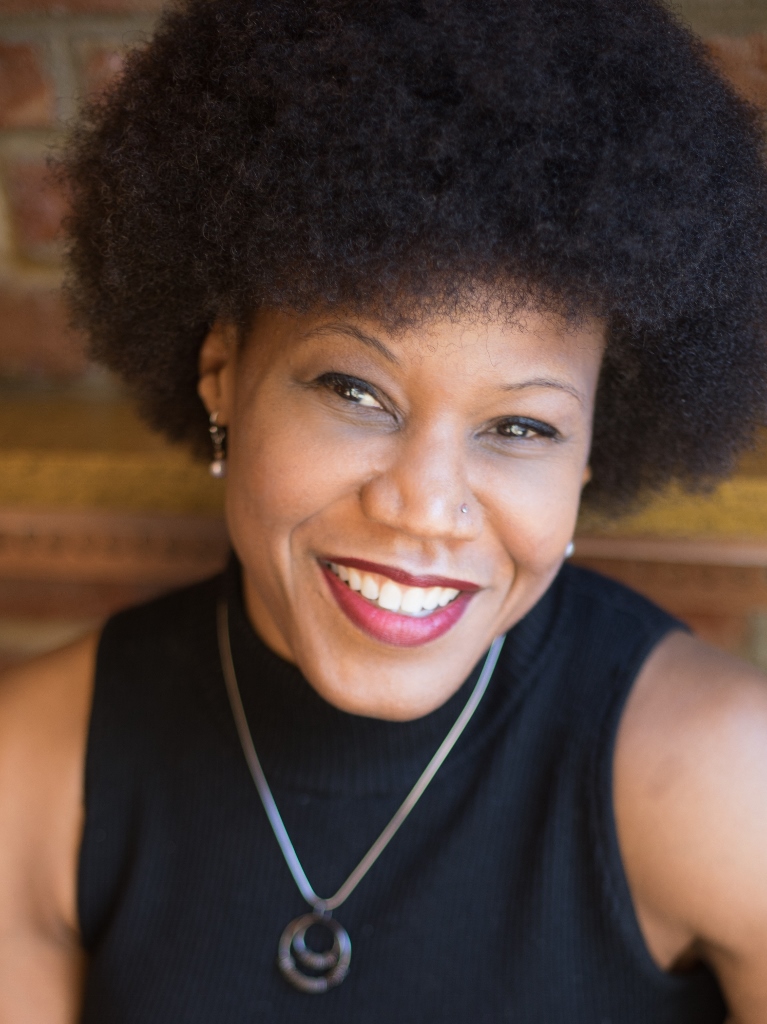
|
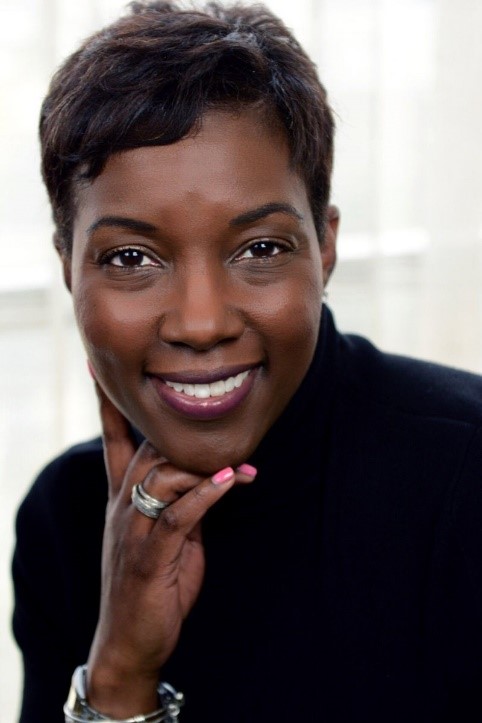
|
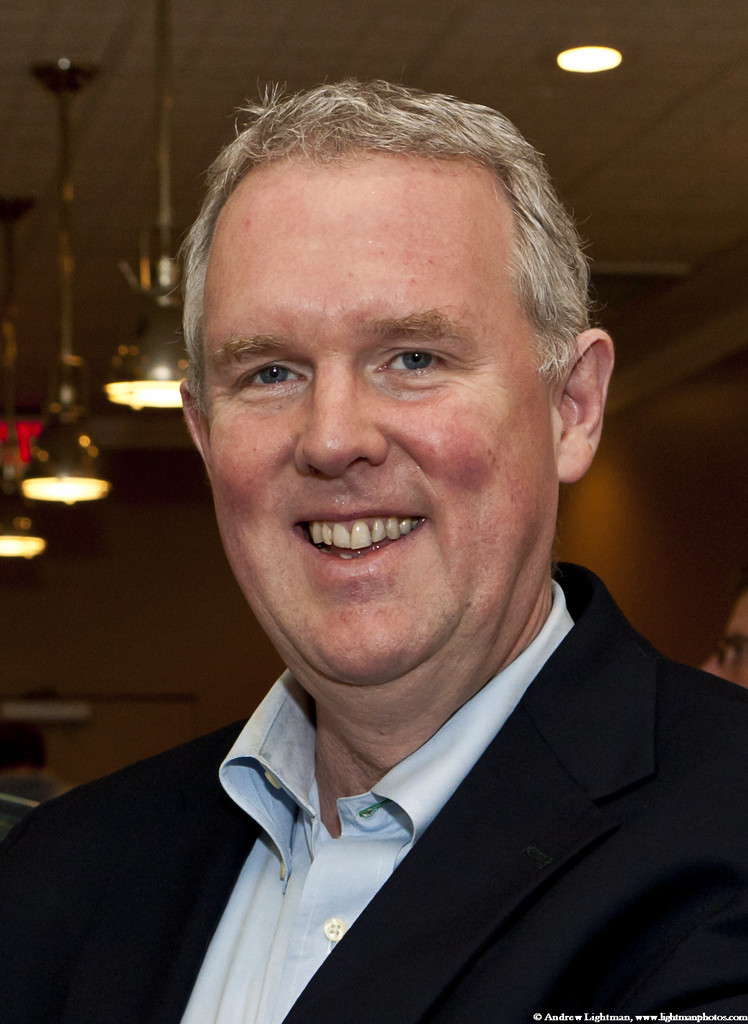
|
|
Majora Carter Urban Revitalization Strategist/Peabody Award winning broadcaster |
Paula Glover President and CEO |
Tommy Wells Director |
Monday, October 1 |
|
| 1:30-7:30 p.m. |
Registration Open
|
| 2:00-5:00 p.m. |
Pre-Summit Workshop“Combined Heat and Power Opportunities in New England & Northeast States: How Policies and Resources Impact Potential Projects” Hosted by the New England Combined Heat and Power Technical Assistance Partnership (CHP TAP). CHP experts reviewed regional policies and resources and explained how they can assist in the development of energy-saving and resilient combined heat and power (CHP) projects. The workshop also addressed concerns, including continued use of natural gas, resiliency, and electrification of the transmission grid. Finally, CHP micro-grids and community energy developments were reviewed and best practices shared. The workshop featured (for one of the first times) the new U.S. DOE national CHP e-catalog that offers to streamline installations for industrial and commercial projects. This workshop was free and open to the public.
|
| 4:00-5:00 p.m. |
PRE-SUMMIT WORKSHOP"The Business Case for State Standards: A Pre-Reception Q&A" NEEP and the Appliance Standards Awareness Project (ASAP) held a first-of-its-kind Q&A regarding an exciting efficiency initiative: state-level appliance efficiency standards. This session, geared towards businesses, was a great opportunity to learn about state standards and why companies should get involved. We heard from businesses that support state standards and met efficiency organizations from across the region that are planning to partner with industry to move state standards forward. |
| 5:30-7:30 p.m. |
Anchors Aweigh Reception
|
Tuesday, October 2 |
|
|---|---|
| 7:30 a.m. |
Set Sail Breakfast
|
| 7:30 a.m. |
Student Mentoring Breakfast |
| 8:15 a.m. |
Bon voyage: Address from Summit co-chairs
|
| 8:30 a.m. |
Welcome aboard with our keynote speakersCommunity Leadership to Scale Up Efficiency
Clean Energy DC: Decarbonizing Buildings with Efficiency
|
| 9:30 a.m. |
Navigating the sea of changeLeadership in the Changing Landscape of EE. Policymakers from several Northeast states participated on this panel of experts. Moderator: Commissioner Carol Grant
|
| 10:15 a.m. |
Meet The CrewNetworking Break in the exhibition hall |
| 10:45 a.m. |
POrts of Call: Concurrent Topical Roundtables (session 1)Session 1A: Public Policy to Drive Advanced Efficiency in a New Energy Landscape States are expanding efficiency programs beyond least-cost gas and electricity to also reduce building sector carbon emissions, reduce system peaks, and grow jobs and business opportunities. This interactive discussion explored inspiring, cutting-edge policies and programs across the region that were developed to meet multiple goals and remaining challenges. Moderator: Steve Cowell, E4TheFuture
Session 1B: Building a Green Workforce Improving our homes and buildings for resilience, efficiency, health, and carbon reduction at scale requires a wide range of skills and expanded market capacities. This session addressed the challenges and offer inspiring examples of how these challenges can be met. Moderator: Scott Johnstone, Packetized Energy
|
| 12:15 p.m. |
Gather in the galley
|
| 1:30 p.m. |
Ports of call: Concurrent Topical Roundtables (session 2)Session 2A: Leadership for Efficient, Resilient, Carbon Neutral Communities Mirroring the inspiring example of large cities, smaller cities and communities across the region are leading the way with energy efficiency, clean energy and carbon reduction goals, policies and programs – in some cases assisted by state programs. Several communities have committed to zero energy and carbon reduction goals. In this session, we heard their inspiring stories. Moderator: Liz Compitello, Delaware Valley Regional Planning Commission
Session 2B: Metrics, Cost-Effectiveness, and Data for Advanced Efficiency The new perspectives on efficiency – integrated with other distributed resources to provide grid flexibility and as a strategy to accelerate decarbonization – invite questions like: How do we quantify these multiple values? How do we optimize efficiency? What are the tools and data sources available and needed? This session offered some answers to these important questions. Moderator: Rich Sedano, RAP
|
| 3:00 p.m. |
Meet The Crew
|
| 3:30 p.m. |
NEEP EElympics: Swimming to GoldThis fun and interactive session featured rapid-fire presentations from our exhibitors, judged by the audience and a panel of "official judges". |
| 5:30 p.m. |
Sailor Overboard reception
|
Wednesday, October 3 |
|
|---|---|
| 7:30 a.m. |
Set Sail Breakfast
|
| 7:30 a.m. |
NEEP State Partners and Allies VIP Breakfast |
| 8:30 a.m. |
Captain's Log: Summit RECAP
|
| 8:45 a.m. |
Full Steam Ahead: NEEP Power Talks on Strategic ElectrificationThis session included “Power Talks” about transforming and decarbonizing our regional energy system with strategic electrification. Perspectives included an equipment manufacturer, a state regulator, a gas and electric utility, customers and cities. Following individual Power Talks, the presenters joined a moderated discussion to explore the need, benefits, barriers, and opportunities to drive regional-scale market transformation. With a focus on decarbonizing transportation and building heating, this session addressed several questions:
Moderator: Sue Coakley, NEEP
|
| 10:30 a.m. |
MEET THE CREW
|
| 11:00 a.m. |
Ports of call: Concurrent Topical Roundtables (session 3)Session 3A: Commercial Buildings as Grid Assets Distributed renewables, energy storage, strategic electrification, efficiency, controls, and data have transformed buildings from passive loads to flexible grid resources able to respond to customer as well as grid reliability needs. This flexibility is critical as an increasing number of buildings use heat pumps for space and water heating. This session explored the concept of commercial buildings as grid assets, the promise they offer for consumers, grid managers, and distribution companies. Moderator: Barry Coflan, Schneider Electric -
Session 3B: Pathways to Residential Building Decarbonization NEEP’s 2017 Northeast Strategic Electrification Opportunity Assessment found that reducing the carbon footprint of existing buildings is essential to reduce carbon emissions 80 percent by 2050, or 40 percent by 2030. The benefits of retrofitting existing homes and buildings for thermal efficiency and displacing carbon intensive fuels with renewable powered heat pumps are enormous, but the challenge is how to decarbonize existing buildings at scale and with equity especially for those who struggle to afford energy bills. This session explored pathways to achieve residential decarbonization. Moderator: Dave Lis, NEEP
|
| 12:15 p.m. |
Land Ho: Closing RemarksLuncheon and Closing Remarks |
| 1:30 p.m. |
Concurrent Off-site Events2:00-3:00 p.m.: Tour of the Child and Family Center in Middletown. This building is classified as a high performance building by National Grid’s Advanced Building program standards. The center is 20-30 percent more efficient than structures built to standard code. Learn more here. 2:00-3:00 p.m.: Tour of the Paul W. Crowley East Bay Met in Newport. This high school was designed as the first net-zero public school facility in the region. The brand-new, state-of-the-art, 16,800 square-foot facility opened for classes in early 2014 and accommodates 180 high school students and 25 staff. Learn more on the examplar written by NEEP here. |
| 3:00 p.m. | Summit Adjourns |
If you have any questions, please contact our Event Manager, Lucie Carriou.
